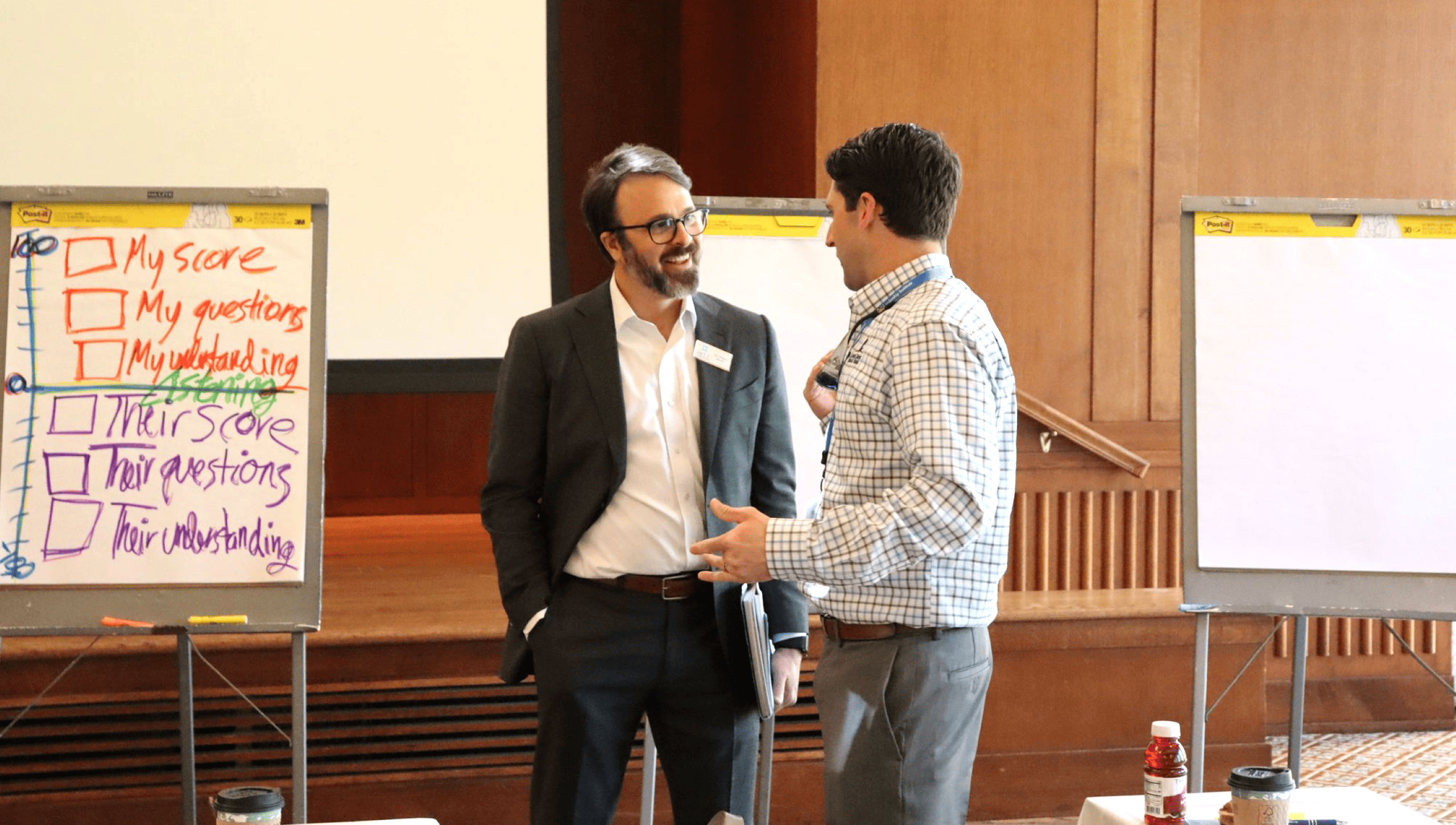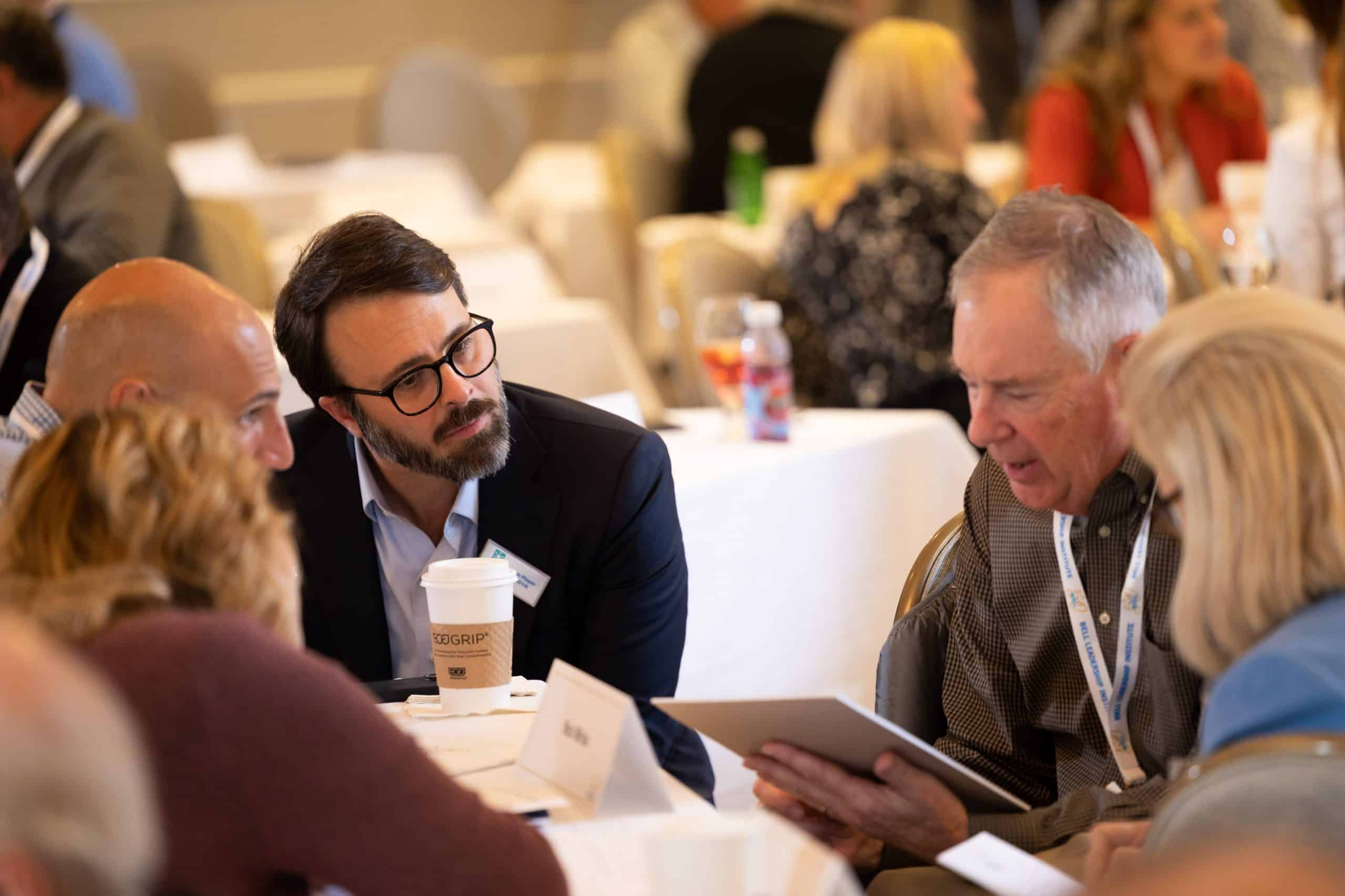TRAINING SPOTLIGHT
How An Interest in People Paved a Path to Leadership
Jon Player
Leadership Trainer, Speaker & Coach

TRAINING SPOTLIGHT
How an Interest in People Paved a Path in Leadership
Jon Player
Leadership Trainer, Speaker & Coach
JON PLAYER
Leadership Trainer, Speaker & Coach
Bell Leader since 2016
Email Jon
Jon’s professional background provides a unique perspective to his work at Bell Leadership and helping individuals grow and change. In our recent interview, we talked about his time in the courtroom; parallels between the law, personal development, and learning a new skill; and how both of these make for great analogies when thinking about what it takes to build a great leader.
Here’s what he had to say about his work in both disciplines and the connections he sees between the two.
Q. You have an interesting background in both science and law; would you share a little bit about your studies?
A. I studied biology in undergraduate and eventually completed a master’s in public health. My original path was research—specifically in genetics and public health.
By happenstance, I took an environmental law class in graduate school and really liked it. The professor was an accomplished lawyer here in North Carolina and suggested I consider law school as a career option. I was drawn to logic and reasoning and started to enjoy writing in that format. I wanted a profession where I could apply my knowledge and experience but possibly not directly in research. Fortunately, I met a few different people who all helped me understand what the practice of law was like. Simply learning and listening from people way smarter and more experienced than me was so helpful in making the decision to make a career change.
Q: Was there a particular area of law that you were drawn to?
A: I was really drawn to the idea of litigation in law school. The combination of analysis and preparation was interesting.
In the courtroom, in front of a judge or jury, you have a problem set, a challenge and a need for advocacy. And, for me this combination was practical—to create a plan and articulate a perspective on something with a lot of gray area. Nothing is ever cut and dry in litigation. I liked oral argument, and I liked the process of trial. There’s a routine to it, but there’s also always something that changes in the middle.
Q: Would you say that there’s anything specific about your interest and experience in law that led you to Bell Leadership?
A: So, when I was in law school, I had the opportunity to work on an interesting and impactful project. Our school was starting a project to review cases for people who claimed wrongful conviction. At the time, the use of DNA sequencing technology was an important tool to review and ultimately help wrongfully convicted people gain freedom. I was asked to participate based on my genetics background. A few of my classmates and I helped a professor start an institute called The Institute for Actual Innocence. We started thinking about the program from the ground up and setting parameters for how we would look at cases. The Institute is a huge part of the Law School now, and my professor still runs it. It’s been a huge success, and I’m proud to have been a small part of it.
Thinking back on that experience, the professor I worked with was one of my “best leaders.” I gained so much wisdom from her and how we worked together. She encouraged me to think differently about my law career—even when I was in law school. So, after 9 years practicing law, I wanted to make sure it was the career path I wanted. By luck, I met some people at Bell Leadership. And as I learned more about Bell and what they were doing, I started getting intrigued by the work Dr. Bell was doing. I ended up buying Dr. Bell’s book on Amazon and read it cover to cover.
I’ve always been interested in people—how we make decisions and how we behave in certain circumstances. It’s something I paid attention to a great deal as a litigator—what causes people to respond in various aways. The Bell Achiever Personality Model provided a great deal of interesting insights about those situations. In the past, I’d ask myself, “Why does that person do that?” Or even, “I’m envious of this skillset at times,” or “I wonder how this person sees these things.” And in reading about patterns of personality, I started seeing myself in there, too, and saying, “Oh my gosh, I do things like this.” It got me really interested in this idea of helping people through this understanding.
Q: It seems that your work in the legal world would expose you to a lot of people in a lot of different industries; how do you think that experience has influenced your work at Bell?
A: The type of law I practiced provided the opportunity to learn something new all the time. I learned so much about all kinds of industries. One of the neatest things about litigation was getting a case on your desk, and somebody would say, “Hey, I need you to work on this and learn about the film industry for three weeks.” Or I needed to learn about the textile industry or debt collection or construction processes or planning charity events. From that variation, I learned a study process to help me gather information quickly to solve a challenge; it’s finding a way to wrap your head around something complex that you don’t know a lot about and creating a framework to help resolve it.
I’ve realized that it’s not dissimilar to the work we do at Bell Leadership. We constantly work with organizations in new industries or development stages. And I always reiterate our job isn’t to tell clients how to run a business from a technical standpoint.
Interestingly, there are some commonalities across all businesses when it comes to people. Bell Leadership possesses tools that can help people solve problems, even though each setting varies from one business to another. It’s not all that different from the practice of law and litigation. I need to know as much about you and your organization and the people who work there. And then, we take a framework and apply that framework to the specific problems each business faces.
Q: Is there anything that has surprised you in your work in leadership development?
A: The simplicity and complexity at the same time. Learning to lead isn’t much different than building another skill or changing habits we’ve formed over our lives.
I’m not an avid golfer but decided recently that I wanted to learn. So, I found a golf coach and started taking lessons. I asked the guy the other day, “Is it frustrating to you when somebody comes in, and you’ve told them how to swing a golf club, and then they come back (and I’m speaking of myself) and they can’t do any of that?” And he said, “No. It doesn’t frustrate me at all because I can see incremental changes in the way that things happen and so I know what I’m helping somebody with.” I’ve thought about that conversation over and over again when it comes to leadership and developing ourselves. Sometimes the things we talk about at Bell Leadership, people will say “yeah, that is simple and makes total sense.” But in application they’re really challenging. Anytime we are under stress, or in a new situation, we tend to gravitate toward old patterns, effective or ineffective.
It’s very hard to make the types of changes people seek in leadership development, even if you really want it. Our patterns and habits can change, but we also need to work at it. And so, keeping that humanity in mind provides me a different understanding of people and ultimately how we work with them.
Q: Sometimes when people talk about leadership, you hear, “The world’s changed dramatically, so what it takes to lead effectively also needs to change.” And then sometimes, “Truly good leadership hasn’t really changed at its core; it’s the same as it’s always been.” What’s your take on whether leaders need to be changing and leading differently?
A: Fundamentally, I don’t think human beings have changed all that much, as far as what we want and what we respond to as "good leadership.” When you ask people what effective leadership feels like to them, they generally give a similar set of responses. Applying that research leads to the conclusion that the same behaviors that people respond to as effective tend to not change much.
Certainly, the circumstances that we live in have changed—functional changes like how and where we work and what the next generation of people want in the work that they do. All of that will change, but I think essentially people want to be treated the same. And that’s actually one thing that I love about the Achiever Model and what we do at Bell Leadership. It’s a fundamental, foundational way to look at human behavior, to say what do people respond to, what works?
So, I think the short answer to your question is I don’t think effective leadership behavior changes very much over time. But the application of that behavior in different circumstances needs to change. I think of it like the practice of law, certain “Standards”—rules, statutes, laws—don’t change often, but people take those and apply them to new fact situations.
So that’s not dissimilar to leading effectively. Leaders always face new and unanticipated scenarios and must find out the standard that translates to this situation. I think good leadership works in much the same way.
Q: Does that perspective on the fundamentals of leadership influence the way you think about the future of your work at Bell?
A. Not long after I started working with Dr. Bell, I went to a conference related to the learning and leadership development industry. I remember walking around the vendor section and feeling overwhelmed by the size and scope of the industry. Every organization in the space had tools and techniques and new advances, from video games to virtual headsets to expansive software systems.
I stood in the exhibition hall and realized Bell Leadership is a small part of this industry with a very specific focus of in-person learning with techniques that develop deep thinking. As I’ve matured in our business and understand so much more about it, there’s real truth to the idea that what Bell Leadership does works. It’s purposeful. And if the pandemic showed us much of anything, it’s that people need human connection and interaction. And as the world around us changes, and I think about Bell Leadership, I don’t want us to ever lose sight of that foundational principle. What we do is effective because we do it by bringing people together. We will continue to innovate but apply the foundational principles of what works to our business.
Watch Jon In Action
When Jon works with your company, you aren’t surprised to learn about his background as an attorney and a scientist. Jon takes an investigative approach to identify and analyze issues that hinder growth, and he is a talented presenter who has sharpened his skills before judges and juries. Companies who turn to Bell Leadership for training and consulting appreciate Jon’s unique perspective from his manifold experiences and the value he brings to their organizational cultures.
BIO & FUN FACTS

VIDEO SPOTLIGHT
Hear How Jon Impacts Clients and their Organizations
“Jon showed exceptional expertise. The program structure asisted me greatly in formulating a comprehensive strategy to enhance my proficiency in producer skills.”
Mercedes Lee Creech
New Home Sales Consultant
StyleCraft Homes
“Jon’s presentation skills are top notch. It was remarkable how infrequently he used filler words. His cadence was nearly perfect. His illustrations were apt. His humor was just right. It has been a long time since I’ve heard a presenter that good.”
Roy Miller
COO
Role Model Software
“Jon was awesome! Really knowledgeable and engaging. I thoroughly enjoyed my time with him. He applied many principles to help me work on being the best I can be.”
Anthony Smith
Director of Facilities & Operations
University of Pittsburgh School of Dentistry


 CLICK TO READ Q&A WITH JON
CLICK TO READ Q&A WITH JON